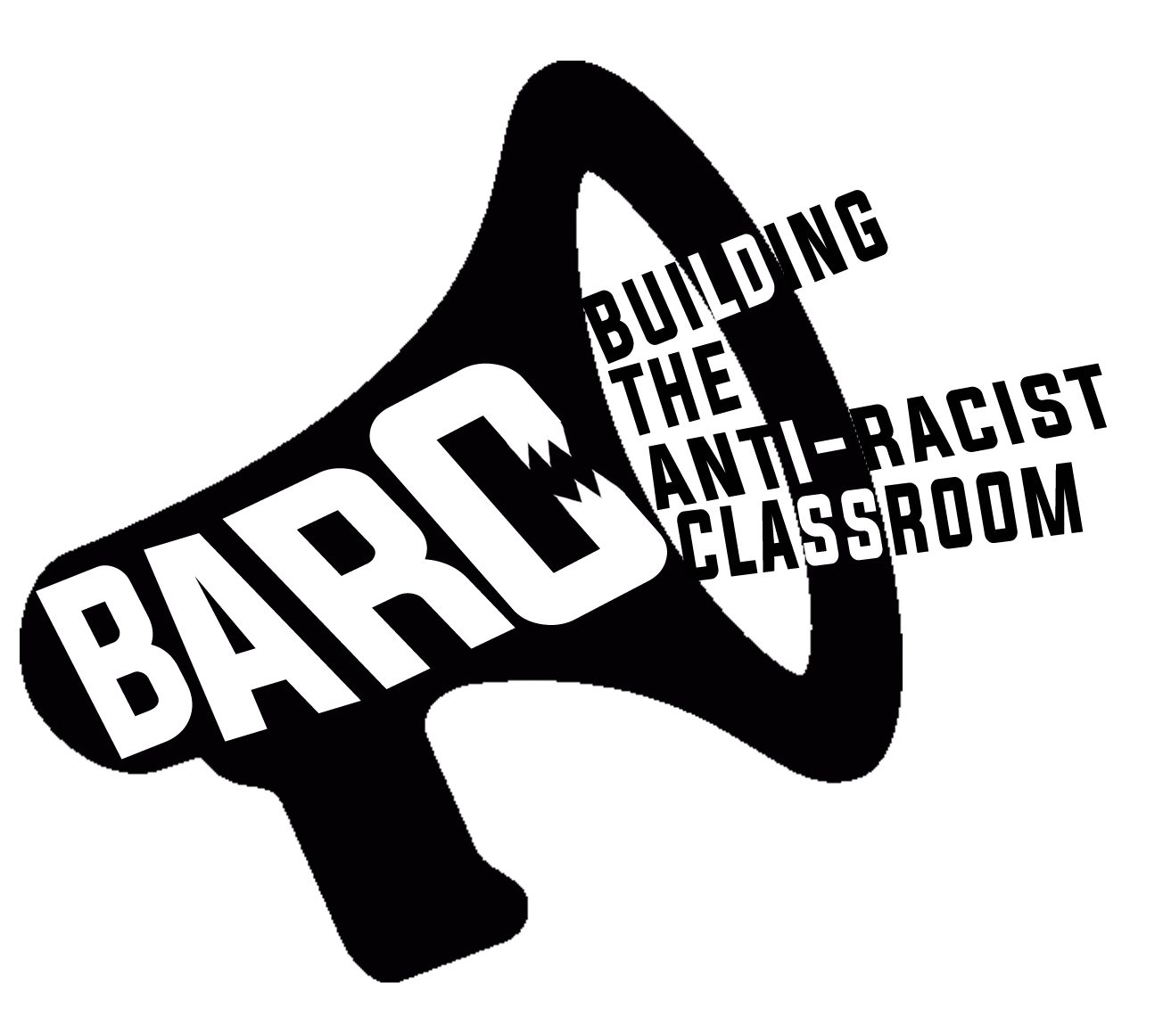This is a momentous time in the history of management and organisation studies in the UK and beyond. Never before have women of colour in our discipline come together to produce an anti-racist intersectional critique of university dynamics and bring it into the public domain. We are thrilled and overjoyed to have all of us here in a room together, our keynotes, panellists, organisers and participants, for the first of what we hope is many gatherings under the BARC umbrella. As organisers, we decided to embark upon this journey because we recognise that business and management schools have a problem. While we research diversity and teach it on the curriculum, the UK university business and management classroom overwhelmingly focuses on whiteness, Eurocentric knowledge and North American corporate practice.
Nationwide, our departments have the highest percentage of students of colour after medicine and law, and the largest numbers of students of colour overall. Students of colour/Global South students are expected to engage with content that does not reflect their realities, theorisation that actively excludes them, and learning environments in which the voices of white students and the English medium are often dominant. In this context where neoliberalism reigns, students may be less likely to engage in political thinking and more radical theoretical trends get suppressed. Racialised perceptions lead staff to deem these same students less able, less networked, and lacking in aspiration and social capital. University management and teaching staff is predominantly white as well as male, and most fail to interrogate their own positionality and privilege. All of this feeds into an attainment gap that is not being meaningfully addressed.
In addition, staff of colour/Global South staff face issues with career progression, recognition, publishing, and doing a disproportionate amount of labour that is caring, feminised and emotional, and which is therefore undervalued. We are over-represented in professional services roles, lower academic pay grades, and on precarious contracts, and while our labour is the backbone of the university, our voices and power are restricted and suppressed accordingly. This is particularly true for women. Furthermore, as whiteness is the norm, and whiteness remains the unmarked and invisible standard of achievement, it is critical to talk about race in these contexts.
Today and tomorrow, as scholars of colour and anti-racist allies, we will be engaging in consciousness raising and organising around and against these issues. We asked for your input regarding your expectations, because we wanted to be clear why you are here. Let us also make clear why we are here, and what we intend for the next two days. We intend for this workshop to be a container for action, a principled space in which self-awareness and reflexive criticality is essential. While it cannot be guaranteed to be safe, it will be supportive. However, it is patently not a space for individual self-education. It is for designing and preparing for collective action. We believe that meaningful change only occurs through radical thinking and collective organising and that the time is ripe for these conditions to change.
We would like to warmly welcome and thank our esteemed invited guests, keynote speakers and panellists. We would like to thank Queen Mary University of London for hosting and sponsoring us, the Society for the Advancement of Management Studies and CRED for their support, the awesome Maria D’Amico for the amazing artwork, and all of our extended networks, including the Decolonising Alliance, Gender and Enterprise Network, and VIDA, who have shared and promoted for the event, as well as to all of you for being here. Thank you also to our documentarians from our partner organisation, local social enterprise Words of Colour, Adrienne McKenzie and Heather Marks, who will be capturing and sharing the event through photo, film and social media – we are grateful for their participation and support.
We would now like to put forward a set of intentions for the next two days. Today, Day 1, sets the “Context and Conditions for Learning”, and is grounded in listening and learning from each others’ experiences. The first intention will be “Curiosity” – we will be curious about each other; what we are experiencing, why we feel the way we do, and be willing to go deeper into each issue. We will believe what each other says, treat each question with importance, and genuinely listen to each other.
The second intention will be “Vulnerable reflection”, which can include feeling like: “I’m scared” “I screwed up”. “I want to do something different and dangerous, but where do I start?” Today, we share our vulnerabilities – which means asking for what we need – and reflect on how we got here in the first place. We listen to each other carefully and with trust. We reach out to each other. We avoid judgement because how we experience the world, may not be how another person experiences the world. Whilst we respect queries that ask for clarity or deeper reflection on a response, please refrain from asking questions that undermine, re-narrate, or question the very foundation of the experience the speaker feels has marginalised them. Derailing is not a useful way of doing this work and so we request that people reflect before they speak.
Tomorrow, Day 2, we focus upon “Strategies for Liberation”. We begin tomorrow with the third intention, “Transformation”, which manifests in a commitment to change. We will acknowledge oppression’s external and internal features and we will uncover ways to challenge them. We will imagine new possibilities in our institutional settings and in our lives.
The fourth and final intention is “Liberation”, which we recognise is never given but must be claimed collectively, through consciousness and awareness, skill building, and practice, practice, practice, until freedom becomes as easy as breathing.
